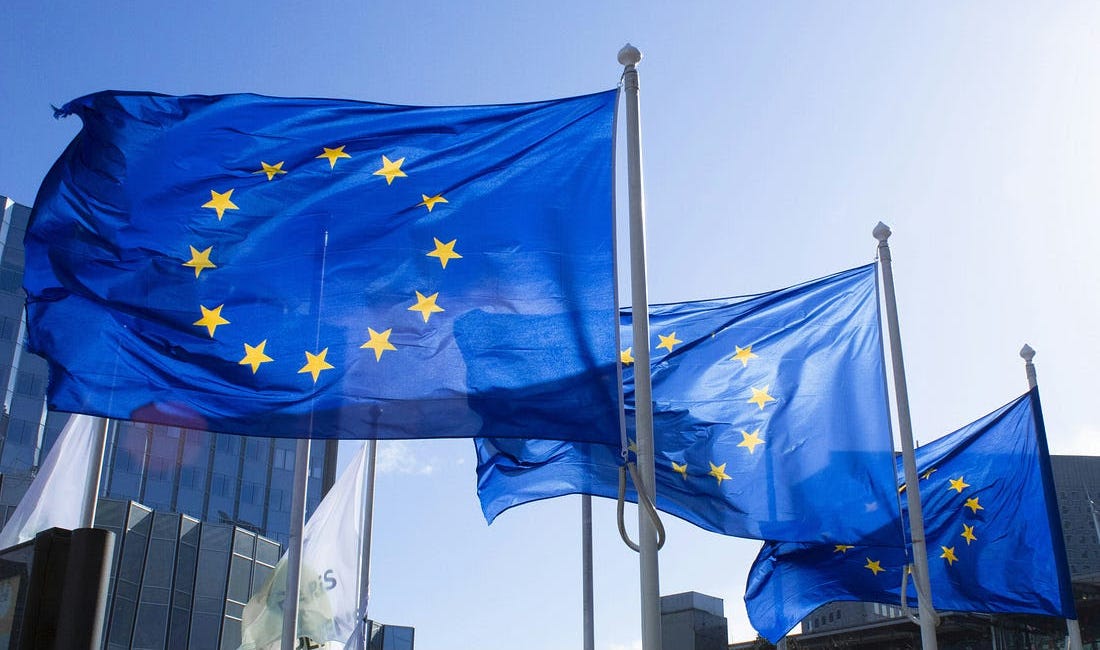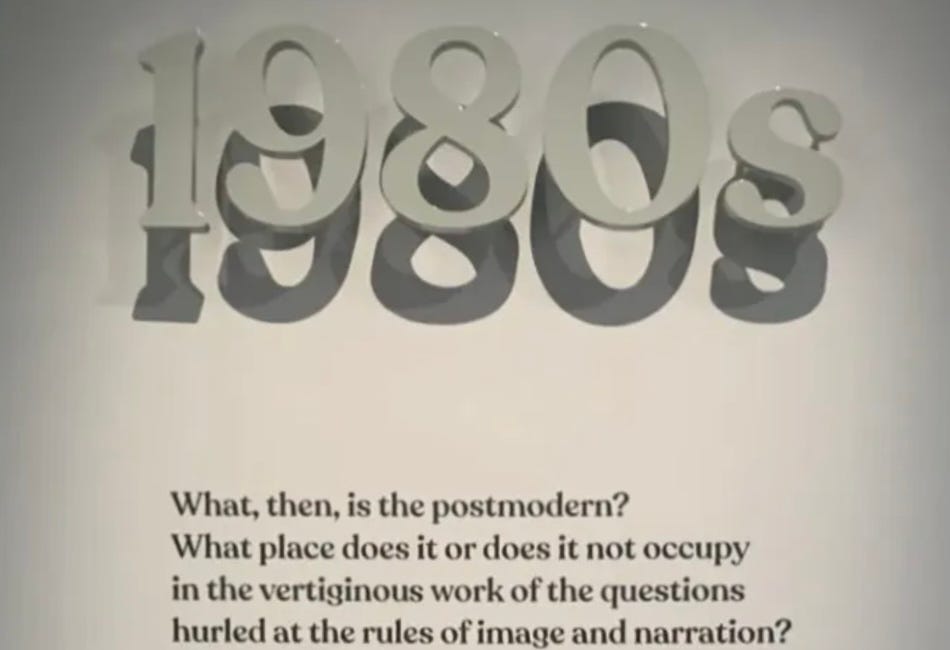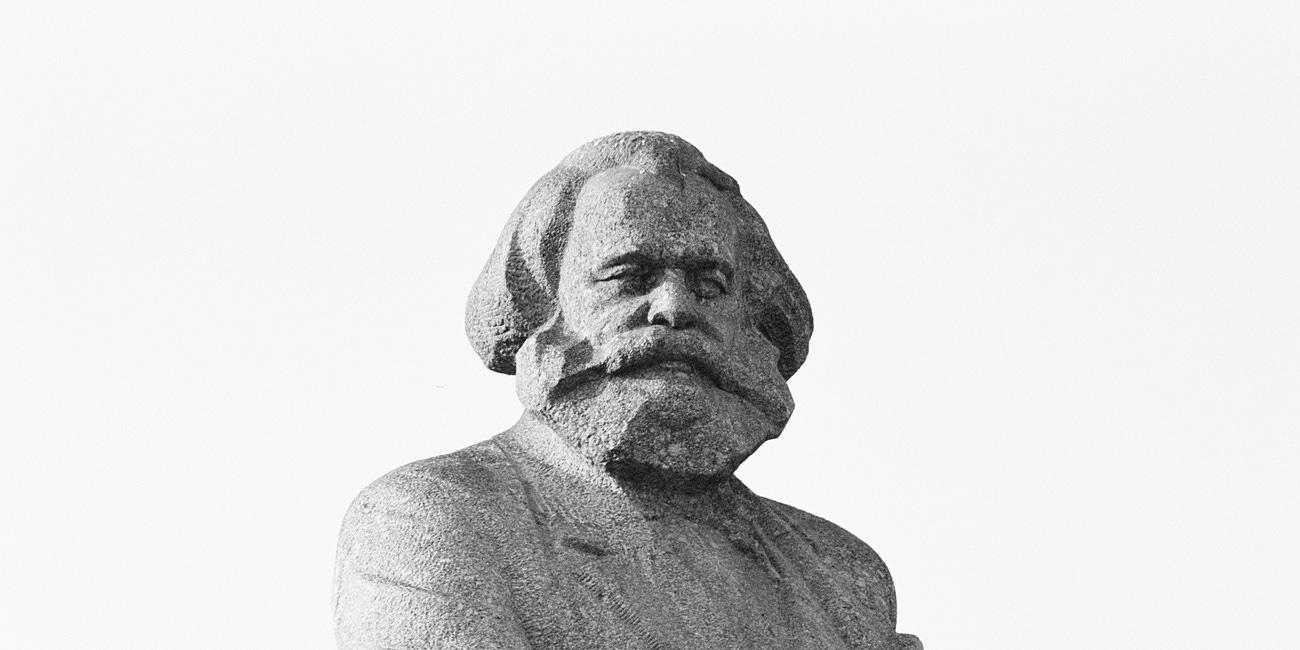Photo by Arno Senoner on Unsplash - Fascist Palazzo of the Fiscal Offices (IRS) in Bozen, historicised with the Hannah Arendt citation “No one has the right to obey” in 3 languages.
“Fascism
should more appropriately be calledCorporatismbecause it isa merger of state and corporate power”…
— Benito Mussolini
20th Century American Political Philosopher Leo Strauss’s life’s work [LINK] was grounded in addressing problems that emerge from modern philosophy’s ambitions for political and moral normativity.
Particularly, the over-inflated claims for self-sufficiently that emerge from an apparently liberated [LINK] Rational Modern Man [LINK] [LINK].
Modern Man’s attempted revolt against God, Nature and Himself. [LINK]
[LINK]
In the Three Waves - Strauss's Critique of Modernity [LINK] the inevitable end-state of these philosophical ideas of Modernity are presented.
[LINK]
First Wave
The legitimacy of the First Wave of Modernity that is grounded in the individualism & rationalism of Liberalism & Modern Science (i.e. attempts to understand, master & shape Nature through combining Science & Technology) is gradually eroded over time by the rejection of the transcendent**** [LINK] (e.g. Metaphysical Transcendental Realism, Universal Concepts, Moral Laws, Normative Sciences (Truth, Aesthetics, Ethics)).
(****Note - Scientific Positivism [LINK], Nihilism, Materialism, Nominalism and a Theology of Marxism were becoming endemic across Western Civilisation’s Intellectual Secular Progressive Liberal Orthodoxy - The Self-Destruction of the West [LINK])
[LINK]
“two less powerful forces established themselves as influential to the emerging traditions.Positivism, a theme popular in Europe, proposed that facts be accepted only if objectively observed through the methods of science.Materialism, which supported the theory of positivism, focused on the physical aspect of mental phenomenon. As these philosophical positions interacted to shape a more empirical and mechanistic approach to the study of the human mind, psychology finally separatedin the late nineteenth centuryfrom its philosophical traditionsto emerge as a disciplined science”…
— Positivism
[LINK]
Reason gradually becomes unmoored from the pursuit of objectivity [LINK] and is increasingly replaced by subjectivity, relativism [LINK], scientism [LINK] and nihilism [LINK].
“Now subjectivism reduces all science to the knowledge of one individual, the Ego — which, as just shown, is no science at all.If its fundamental definition of knowledge means anything, or is faithfully adhered to, subjectivism teaches that the intelligent subject has no intelligence save for itself — has no warrant for believing in the existence of anything save itself — knows nothing but the inexplicable order of its own sensations and thoughts. It reduces all existence to an unrelated One, while of an unrelated One no science is possible.In a word, subjectivism if logical, annihilates science at a blow”…
— Francis Ellingwood Abbot
[LINK]
Second Wave
Over time, to address the emerging legitimation crisis [LINK] expressed in Rousseau’s critique of modern rational liberalism which reduces Man to atomised self-interested individuals, the Second Wave of Modernity emerges .
One that grounds politics and morality in human will, history, and society, rather than as classically understood through nature or reason.
“True liberty, for Rousseau, is “moral liberty”.It does not consist merely in a lack of obstacles. Liberty involves autonomous choice. People are free only when they can bind themselves.
From this thought stems another,inherent in Rousseau, and made explicit by Kant, namely thatfreedom is also a submission to law: “obedience to a law which we prescribe to ourselves is liberty,” as Rousseau wrote in Du contrat social.For Rousseau, a society can be free only if freely consented to, and obligations can be binding only if self-imposed. Hence, society must be founded in a contract”…
…The autonomous agentdoes not exist in a state of nature: heis a social artifact. As Rousseau himself makes clear, our natural liberty is destroyed by the social contract, which puts “civil liberty” in the place of it”…
— Rousseau & the origins of liberalism - Roger Scruton
[LINK]
Modernity turns to Marxism [LINK], Socialism and Communism [LINK] to collectively enable Man to socially, culturally and politically construct new Realities ( e.g. Rousseau’s social contract to restore freedom and equality within social life) and transform the material realm [LINK] (i.e. attempts to master & shape Man).
[LINK]
Rousseau seeks to recognise the joy of existence and at the same time the shortcomings of Rational Individual Liberalism.
Rousseau’s alternative is to achieve a communion with Being and union with Nature as the ground for human authenticity.
Third Wave
“Just as the second wave of modernity is related to Rousseau,the third wave is related to Nietzsche.
Rousseau confronts us with the antinomy of nature on the one hand, and of civil society, reason, morality, history on the other, in such a way that the fundamental phenomenon is the beatific sentiment of existence - of union and communion with nature — which belongs altogether on the side of nature as distinguished from reason and society.The third wave may be described as being constituted by a new understanding of the sentiment of existence: that sentiment is the experience of terror and anguish rather than of harmony and peace, and it is the sentiment of historic existence as necessarily tragic; the human problem is indeed insoluble as a social problem, as Rousseau had said, but there is no escape from the human to nature; there is no possibility of genuine happiness, or the highest of which man is capable has nothing to do with happiness
” …
— Leo Strauss, The Three Waves of Modernity
In post-Nietzschean Modernity [LINK], this Communist/Socialist state inevitably morphs into Fascism (the Third Wave of Modernity) as the Human will to power [LINK] concentrates, controls and centralises more & more resources (i.e. attempts to not only master & shape Nature but also master & shape Man).
A Fascist desire to be all encompassing - total - and seek to mobilise the whole of life - nature, man, politics, education, family, culture - under one unifying ideology grounded in a Primacy of Man ( i.e. a Theology of Marxism).
“Gramsci … never uses the word “totalitarianism” in a negative sense …
The positive meaning given to the term totalitarianism isthe trait that unites Gramsci with Fascism” …
— Augusto del Noce
A temporal ( e.g. Theology of Marxism), existential (e.g. nihilism) and metaphysical ( e.g. nominalism) self-assertion ( e.g. will to power - phenomenon of will - conscious self/ego - primacy of man ) to shape values, meaning, and Man himself.
“Marx’s idea is that materialism, in order to be consistent, must forgo presenting itself as a philosophy of comprehension andmust interpretthought not as revelation butasactivity that transforms reality” …
— Augusto del Noce
One that results in Modernity being expressed in its most radical ego-centric [LINK] and nihilistic [LINK] form.
A Promethean Impulse and the ultimate manifestation of Modernity’s attempt to deconstruct the Triadic of Being [LINK] grounded in Thomism Philosophy [LINK] and Hypostasis - The Christian Trinity and Platonism's Three Fundamental Realities [LINK] which historically had been the intellectual scaffolding for Western Civilisations understanding of Man’s existence ( i.e. act of Being noting that Metaphysics is the Study of Being) [LINK].
[LINK]
It is worth noting, that 20th Century Italian Dictator Benito Mussolini (i.e. a Marxist/Communist) described this phenomena ( i.e. Fascism) as Corporatism - the merger of State and Corporate power.
“Fascismis the stage reached after communism has proved an illusion"…
— Friedrich Hayek
[LINK]
[LINK]
Escaping the Philosophical cul-de-sac of Modernity & Post-Modernity
Photo by Devon Janse van Rensburg on Unsplash

















